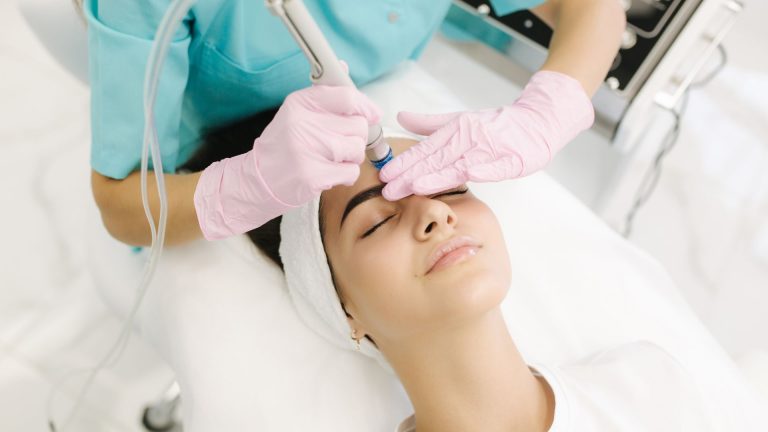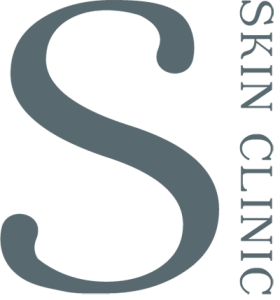In the quest for flawless skin, skincare enthusiasts often explore various treatments, and HydraFacial has emerged as a sought-after solution promising clear, radiant skin. However, when scrutinizing its efficacy in treating acne, the scientific evidence reveals a significant gap.
The HydraFacial Process
HydraFacial, a non-invasive skincare procedure, boasts a multi-step process aiming to rejuvenate the skin. This treatment combines exfoliation, extraction, and hydration using a specialized device. The device cleanses and exfoliates the skin, removing dead cells and debris, before applying a nourishing serum to hydrate the skin. The result is a refreshed and revitalized complexion. While this process is lauded for its immediate benefits, its effectiveness in combatting acne remains uncertain.
Limited Scientific Evidence
Scientific studies are the gold standard for evaluating the efficacy of any treatment, and unfortunately, the body of evidence supporting HydraFacial’s ability to treat acne is notably lacking. Most information available is anecdotal or originates from sources with a vested interest in promoting the procedure. The absence of well-designed clinical trials or peer-reviewed studies raises questions about the reliability of HydraFacial as a solution for acne.
Anecdotal evidence often highlights the immediate improvements in skin texture and tone after a HydraFacial session. Still, the dearth of comprehensive studies assessing its impact on acne-prone skin leaves consumers and skincare professionals in a precarious position. In the absence of robust scientific evidence, it becomes challenging to ascertain whether the procedure addresses the root causes of acne or merely provides a temporary cosmetic enhancement.
The Importance of Evidence-Based Treatments
Acne is a complex skin condition with various underlying causes, making its treatment a challenging task. Relying on evidence-based treatments becomes paramount in addressing the root causes and managing acne effectively. While HydraFacial may be a valuable component of a skincare routine, it should not be considered a standalone solution for acne.
Consulting with a dermatologist is essential to explore evidence-based treatments that have demonstrated efficacy in addressing acne. Dermatologists can provide personalized recommendations based on your skin type, severity of acne, and medical history. Evidence-based treatments may include topical medications, oral antibiotics, or other proven therapies tailored to your unique skin needs.
Topical medications, such as retinoids and benzoyl peroxide, have a well-established track record in managing acne by targeting factors like excessive oil production and inflammation. Oral antibiotics may be prescribed in cases of moderate to severe acne to address bacterial overgrowth in the pores. Furthermore, advanced treatments like chemical peels or laser therapies, supported by scientific research, can contribute to acne management by promoting skin renewal and reducing inflammation.
Conclusion
While HydraFacial may contribute to improved skin hydration and rejuvenation, its scientific evidence for treating acne falls short. In the realm of acne management, relying on treatments with a solid foundation of scientific research is crucial for achieving lasting results. Rather than depending solely on HydraFacial, individuals seeking effective acne solutions should consult a dermatologist for evidence-based recommendations that address the complexity of this common skin condition.
Remember, a comprehensive and personalized approach based on scientific evidence is key to achieving clear and healthy skin. Acne is a dynamic and multifaceted condition that necessitates targeted interventions addressing its various contributing factors. The limited evidence surrounding HydraFacial’s efficacy in treating acne underscores the importance of skepticism and a cautious approach when considering it as a primary solution. In the ever-evolving landscape of skincare, prioritizing treatments with a robust scientific foundation ensures that individuals can make informed decisions about their skincare routines, ultimately promoting long-term skin health.



